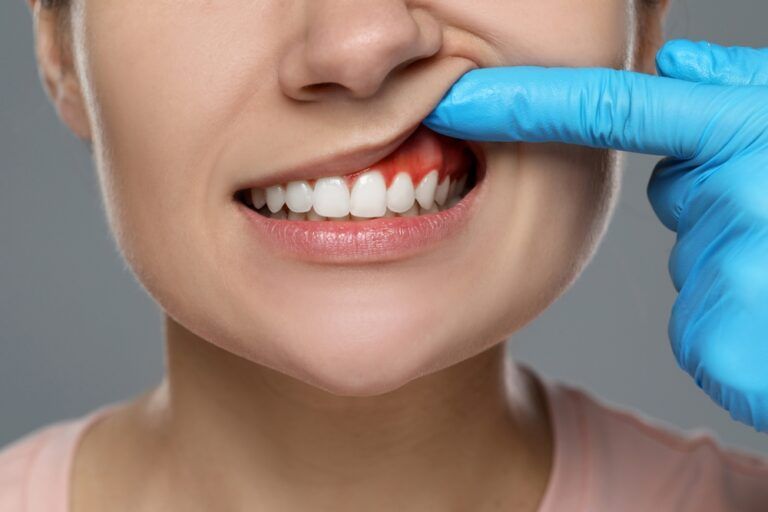Oral Cancer: Causes, Risk Factors, and Prevention

Oral cancer is a serious condition that affects the lips, tongue, cheeks, floor of the mouth, and hard palate. Early detection and preventive measures are crucial in combating this disease. At the University Oral Surgery Center in Los Angeles, CA, Dr. Ramin Shabtaie emphasizes the importance of understanding the causes, risk factors, and prevention strategies for oral cancer.
Causes of Oral Cancer
Oral cancer arises when cells in the mouth undergo genetic mutations that cause them to grow uncontrollably. Several factors can contribute to these mutations, including tobacco use, excessive alcohol consumption, and certain strains of human papillomavirus (HPV). Smoking and smokeless tobacco are the leading causes of oral cancer, while excessive alcohol intake can damage the cells in the mouth, increasing cancer risk. Additionally, HPV, particularly the strains linked to oropharyngeal cancer, plays a significant role in the development of oral cancer.
Common Risk Factors
Understanding the risk factors can help take proactive steps to reduce the likelihood of developing oral cancer. Age is a significant factor, with most cases diagnosed in individuals over 40. Gender also plays a role, as men are more likely to develop oral cancer than women. Prolonged sun exposure without protection increases the risk of lip cancer, making it essential to protect your lips from harmful UV rays.
Symptoms to Watch For
Early detection of oral cancer significantly improves the chances of successful treatment. Be aware of persistent sores in the mouth, unexplained bleeding, white or red patches, difficulty chewing or swallowing, and numbness in the mouth or lips. Regular self-examinations can help identify these symptoms early, allowing for timely intervention.
Preventive Measures
Adopting healthy habits can reduce your risk of developing oral cancer. Dr. Shabtaie recommends:
- Avoiding tobacco and alcohol: Eliminating or reducing the use of tobacco and alcohol is one of the most effective ways to prevent oral cancer.
- Protecting your lips: Use lip balm with SPF to shield your lips from harmful UV rays.
- Maintaining a healthy diet: A diet rich in fruits and vegetables can boost one’s immune system and reduce one’s risk of cancer.
- Scheduling regular dental check-ups: Routine visits to University Oral Surgery Center allow for early detection of any abnormalities.
The Role of HPV Vaccination
The HPV vaccine can significantly reduce the risk of HPV-related oral cancers. It is particularly recommended for preteens, but adults up to the age of 45 can also benefit from the vaccine. Vaccination is a proactive step in preventing cancers associated with HPV, providing long-term protection against this virus.
Early Detection and Treatment
Regular screenings and early detection are vital in the fight against oral cancer. Dr. Shabtaie emphasizes the importance of self-examination and professional screenings. During your dental visits, Dr. Shabtaie will conduct thorough examinations to identify any signs of oral cancer. Early detection leads to more effective treatment options and a higher likelihood of successful outcomes.
Proactive Steps for Oral Cancer Prevention
Taking proactive steps to prevent oral cancer is essential for maintaining your oral and overall health. Understanding the causes and risk factors, adopting healthy habits, and ensuring regular dental check-ups can significantly reduce your risk of developing oral cancer. Dr. Ramin Shabtaie and the team at University Oral Surgery Center in Los Angeles, CA, are committed to providing comprehensive care and support in your journey toward a healthier future.
Sources:
- American Dental Association: www.ada.org
- International Congress of Oral Implantologists: www.icoi.org
- National Institute of Dental and Craniofacial Research: www.nidcr.nih.gov
